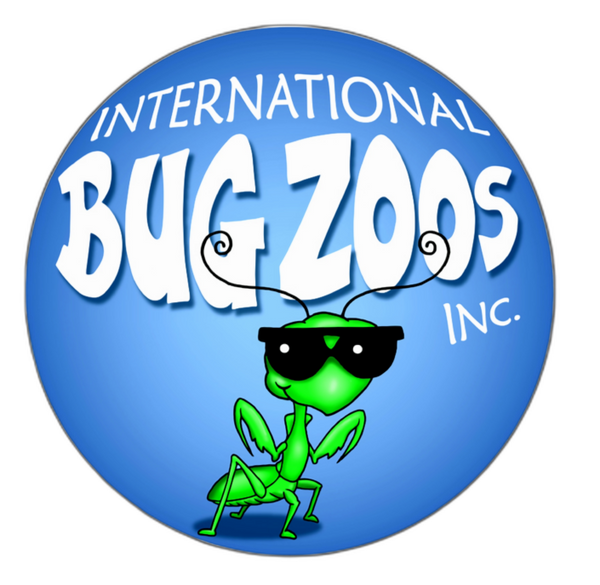Understanding Cultural Views on Bugs Around the World
Insects, often referred to colloquially as bugs, elicit a wide range of emotions and cultural attitudes across the globe. From fascination to fear, reverence to repulsion, the way in which different cultures view and interact with insects is as varied as the insects themselves. This diversity in perception has profound implications not only for the insects but also for the ecosystems they inhabit and the humans who interact with them. Let’s take a closer look at how different cultures understand and relate to bugs.
Reverence and Symbolism
In many ancient cultures, insects have been revered and imbued with significant symbolic meanings. For instance, the scarab beetle held a place of honor in ancient Egyptian culture, symbolizing rebirth and renewal. It was commonly used in jewelry, amulets, and even burial rites. Similarly, in Native American traditions, the butterfly is often seen as a symbol of transformation and spiritual renewal. These examples illustrate how some cultures have historically viewed insects as important symbols and harbingers of vital life forces and changes.
Culinary Uses
In various parts of the world, insects also play a significant role in cuisine. Entomophagy, the practice of eating bugs, is common in many countries, especially in parts of Asia, Africa, and Latin America. In Mexico, for instance, chapulines (grasshoppers) are a popular snack, seasoned with chili and lime and enjoyed for their crunchy texture and protein content. Similarly, in Thailand, deep-fried insects like silk worms and crickets are a common street food delicacy, valued for their flavor and as a source of sustainable protein. This culinary practice not only reflects the versatility and nutritional aspects of insects but also highlights a cultural acceptance and appreciation of them as valuable food sources.
Fear and Pestilence
Contrastingly, in many Western cultures, bugs are often viewed with fear or disgust, primarily seen as pests or vectors of disease. This negative perception can lead to widespread use of insecticides and a general desire to keep insects out of living spaces and away from food. The fear of insects, or entomophobia, can sometimes overshadow the ecological importance of these creatures, such as their roles in pollination, soil aeration, and as a vital part of the food chain. Efforts to shift this perception are ongoing, with educational programs emphasizing the positive impacts of insects on ecosystems and human life.
Spiritual and Therapeutic Uses
In addition to their roles in symbolism and cuisine, insects have also been used for spiritual and therapeutic purposes. In some cultures, insects are believed to possess healing properties or to be carriers of spiritual messages. In traditional Chinese medicine, for example, certain insects are used in remedies to treat a variety of ailments. The Navajo people, among others, have included insects in spiritual ceremonies and storytelling, illustrating the deep connections between humans and the insect world in some cultural contexts.
Conservation and Sustainability
The cultural views on insects not only affect how humans interact with them but also influence conservation efforts. In regions where insects are revered or valued as food sources, there may be more emphasis on sustainable practices and habitat conservation. Conversely, in areas where bugs are primarily viewed as pests, conservation efforts may face more challenges. Understanding and respecting cultural perspectives on insects can play a crucial role in global conservation efforts, promoting a more balanced and sustainable coexistence with these essential creatures.
In conclusion, the cultural views on bugs around the world are diverse and multifaceted, reflecting the complex relationships humans have developed with these creatures over millennia. By exploring and understanding these varied perspectives, we can gain deeper insights into human culture, environmental conservation, and the ways in which our lives are intricately connected to the smallest inhabitants of our planet.

